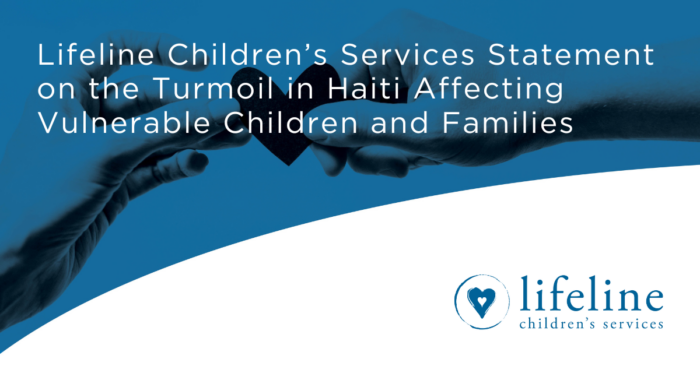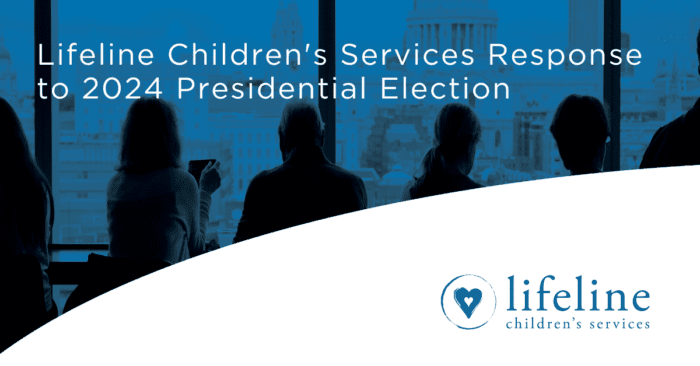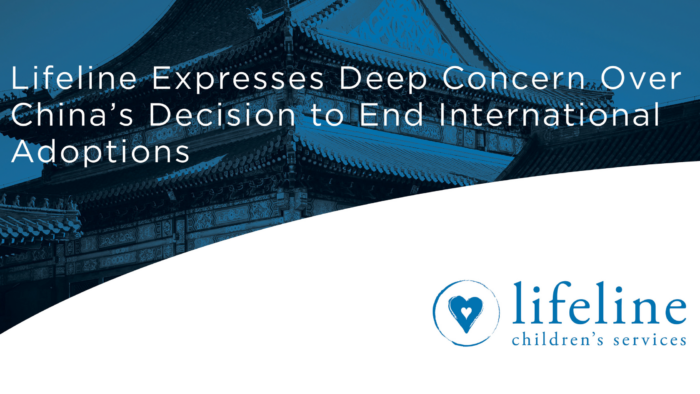In our churches, we want to honor mothers while also being cognizant of the truth that many in our church family are hurting.
The nature of foster care can create a situation in which we want to be especially sensitive that Mother’s Day can be a difficult day for birth parents, foster parents, and children in care. With Mother’s Day approaching soon, you may interact with children in care or their birth parents. You might receive a question from a child that you want to treat with sensitivity and gentleness.


In light of this approaching holiday consider the following general guidelines as you seek to be sensitive within your faith family:
- Know that holidays like Mother’s Day could spark questions; be prepared for that. Answer directly with brevity, truth, and kindness if you feel you can answer at all. If you have any interaction with children in care and/or with their birth parents, make sure you are honest about what you don’t know. Remember, it is ALWAYS okay to say “I don’t know” when that statement is truthful. It is further acceptable for you to say “I am not able to speak to that” if you feel that “I don’t know” is not entirely truthful.
- Encourage a child to discuss his questions with his foster mom or caseworker. Also, encourage birth parents to address their caseworker with questions they may have. Do not feel pressure to keep talking simply to fill space or silence. Do not feel the need to elaborate. Know that excess talking in regards to a case that you do not know the details of, nor are you a party to, could likely do more harm than good. You do not want to accidentally, in well-meaning fashion, suggest that the birth parents do something to meet requirements that go against what the caseworker has recommended they do.
- NEVER promise the child or birth parent something that you do not have control over. Also, do not make a promise or an absolute statement on behalf of someone else. For example, saying to a birth parent, “I’m sure that (name of foster mom) would be happy for you to join them for lunch” is unacceptable. Also, saying something to a child such as “Yes, I know (foster parents) would love to take you to that restaurant for dinner” or “I’m sure you’ll get to go home soon” is not helpful. Children in care do not need to experience broken promises, which is how they will perceive statements like these when they do not come true. Redirect the child and/or birth parent to the foster parent first, who may need to redirect them to the caseworker for case-related questions that others do not have the authority to answer or enforce.
- Know the population you serve. It may be appropriate to broaden activities like children’s crafts or discussions to include special women in children’s lives such as role models/ladies who care for them, meet their needs, keep them safe, and love them. In addition to mothers, grandmothers, aunts, friends’ mothers, teachers, foster mothers, etc. may all fill these roles for a child. By widening the scope of celebration, the child can feel free to make the craft (or join the discussion) for whomever they would like and not feel singled out. If you know that a particular child has a strong relationship with both his birth mother and his foster mother, perhaps offer to allow him to make two crafts or gifts, so he does not feel like he has to choose one woman over the other. Children in care, especially those who are in care for a long period of time, often feel conflicting loyalties, as if they do not have the freedom to care about and love both their birth mother and their foster mother. Allow the child to choose whom he would like to make something for (this gives him some control and lets him know you are listening to him and care how he feels) or allow him to make the craft for both foster and birth mom.
- Be patient. Show sensitivity to the emotional needs of children in care; foster care is confusing. Depending on the children’s physical and developmental ages, their understanding of their experiences may be limited. Keep in mind that there is a reason (or multiple) that these children came to need a foster or adoptive home. They have feelings about the things that have happened to them. These feelings are strong and are hard to process. Children often do not have the words to be able to adequately express their feelings. Therefore, children in care are left with the alternative of expressing their feelings through their behaviors. It would be wise to expect that behavior could be more challenging on a day like Mother’s Day. Children in care often experience ongoing grief due to sudden (situational) loss(es) and repeated disruptions in their lives. “Triggers” such as milestone events, birth parent visits, court dates, and Mother’s Day can cause a grief response. This is referred to as developmental grieving.
- In regards to the foster mother on Mother’s Day, CELEBRATE her fully! The church needs to recognize that she is a true mother in every way who is fulfilling all the daily responsibilities of motherhood (plus additional “extracurricular activities” like court dates, service plan meetings, counseling appointments, meetings with teachers, birth parent visits, etc.). She is working to be an instrument of the Lord to bring healing in the midst of deep brokenness and is engaging in a spiritual battle; standing against the powers of darkness for the souls of children and their birth families. Because of their own pain, grief, and losses the children she is caring for are hurting and suffering, and they shouldn’t be expected to show gratitude. However, the church sure can! Tell that foster mama thank you! Tell her you see her! Tell her you know it’s got to be so hard! But tell her you know her offering is a fragrant aroma before the throne of Christ Jesus! Be thoughtful: mail her a card, send her some flowers, or give her a gift card. Especially consider those incredible single foster moms you know and admire who don’t necessarily have someone who would encourage and celebrate them this way! These foster mamas are heroes because of their surrender to the Lord and His work and plan. Love on them, encourage them, and celebrate them! And give God all the glory.
By Allison Fuqua, Education Development Coordinator
Lifeline cares deeply about the birth parents we serve. Whether they are in the process of walking through their pregnancy or have made an adoption plan for their child, we believe strongly in holistic ministry for the families we serve. For more on Lifeline’s ministry to birth parents, visit our website HERE.



